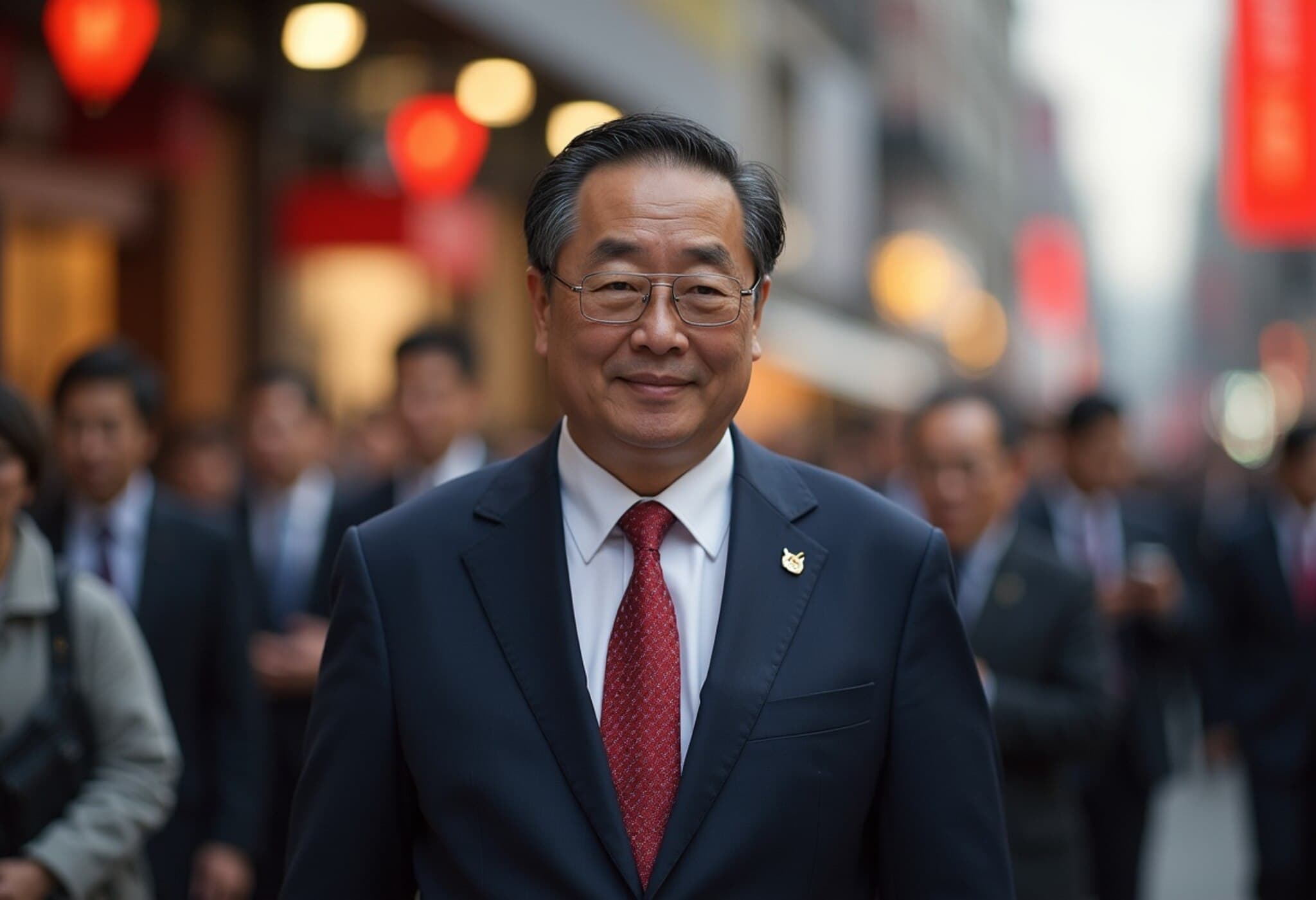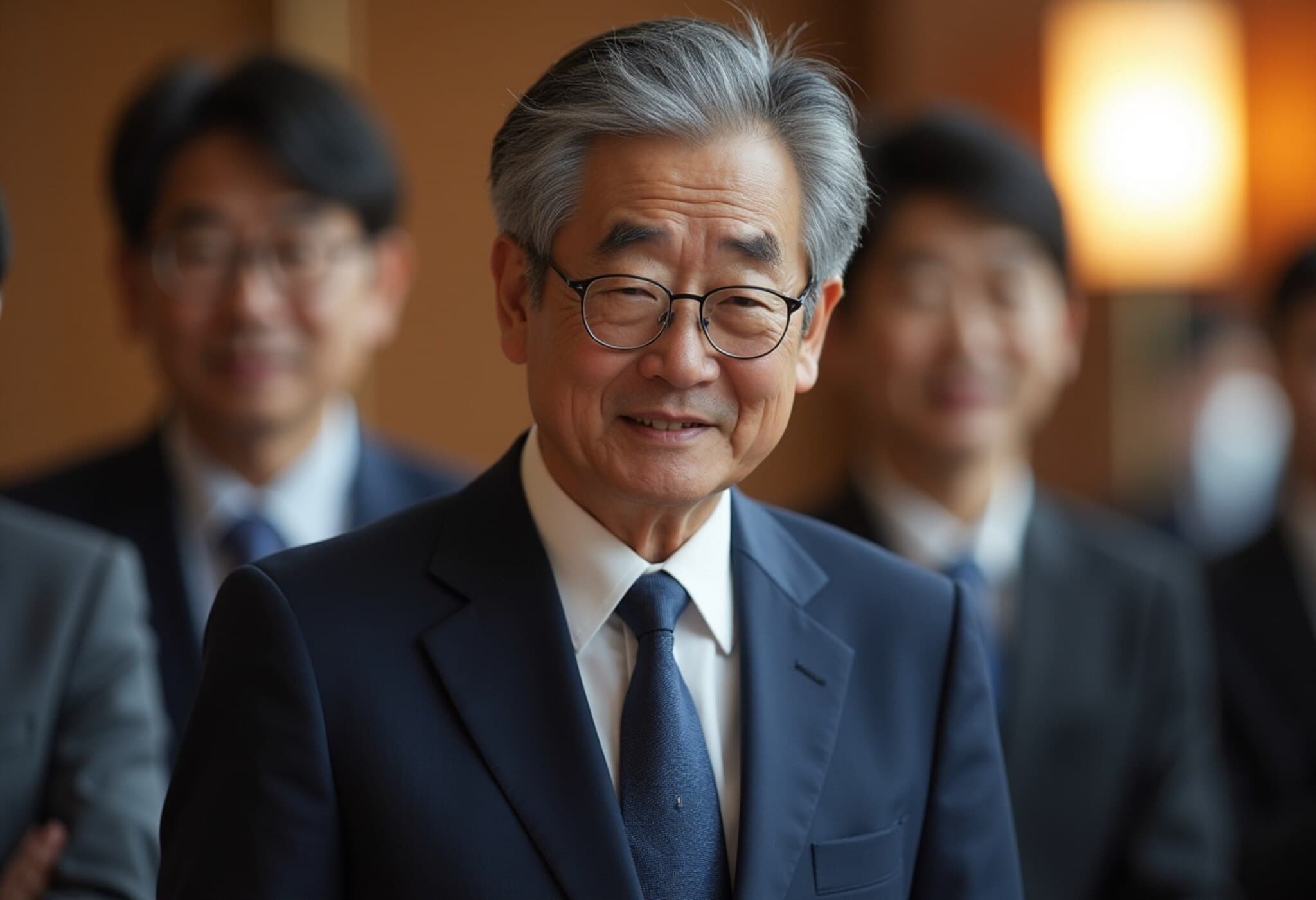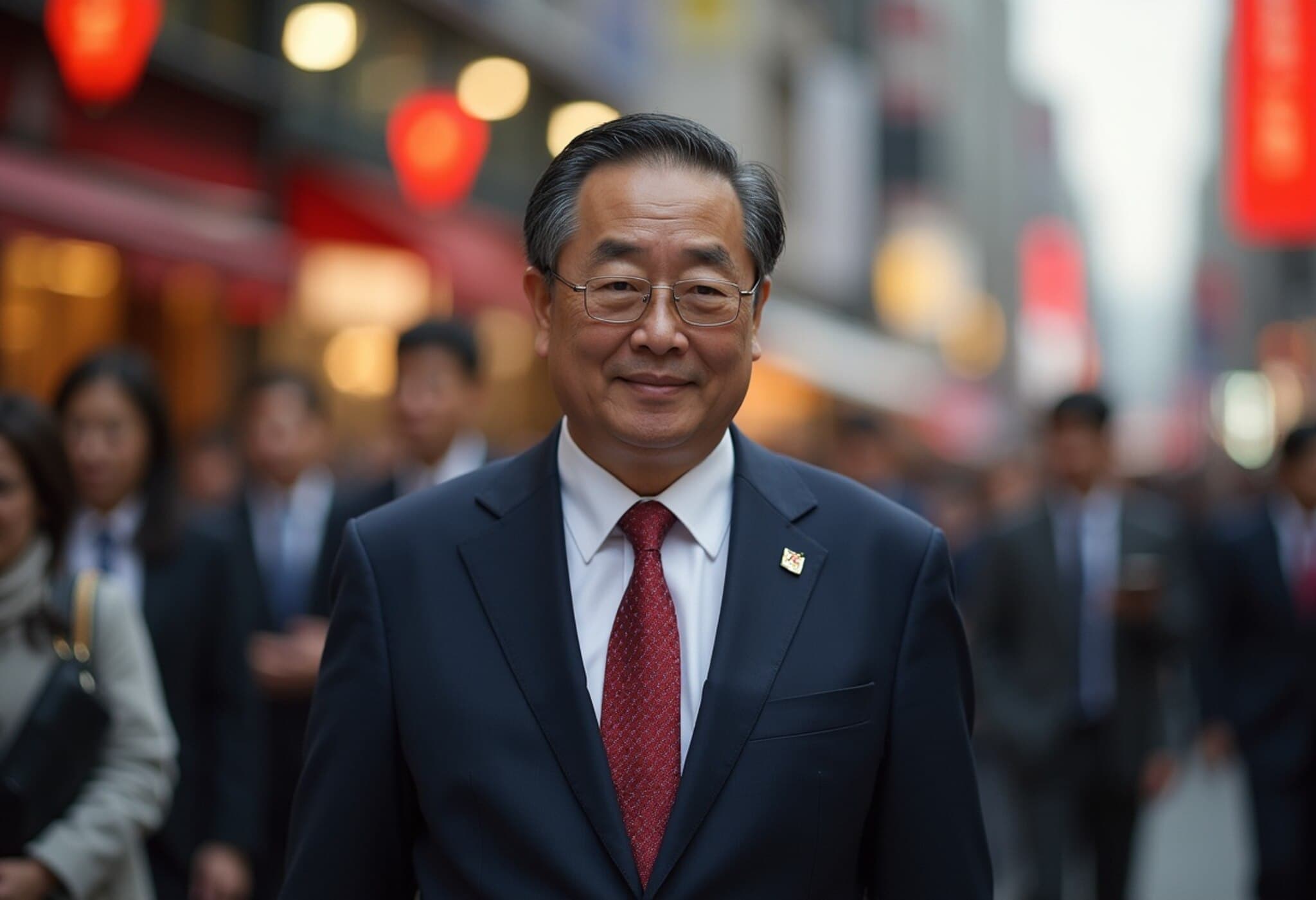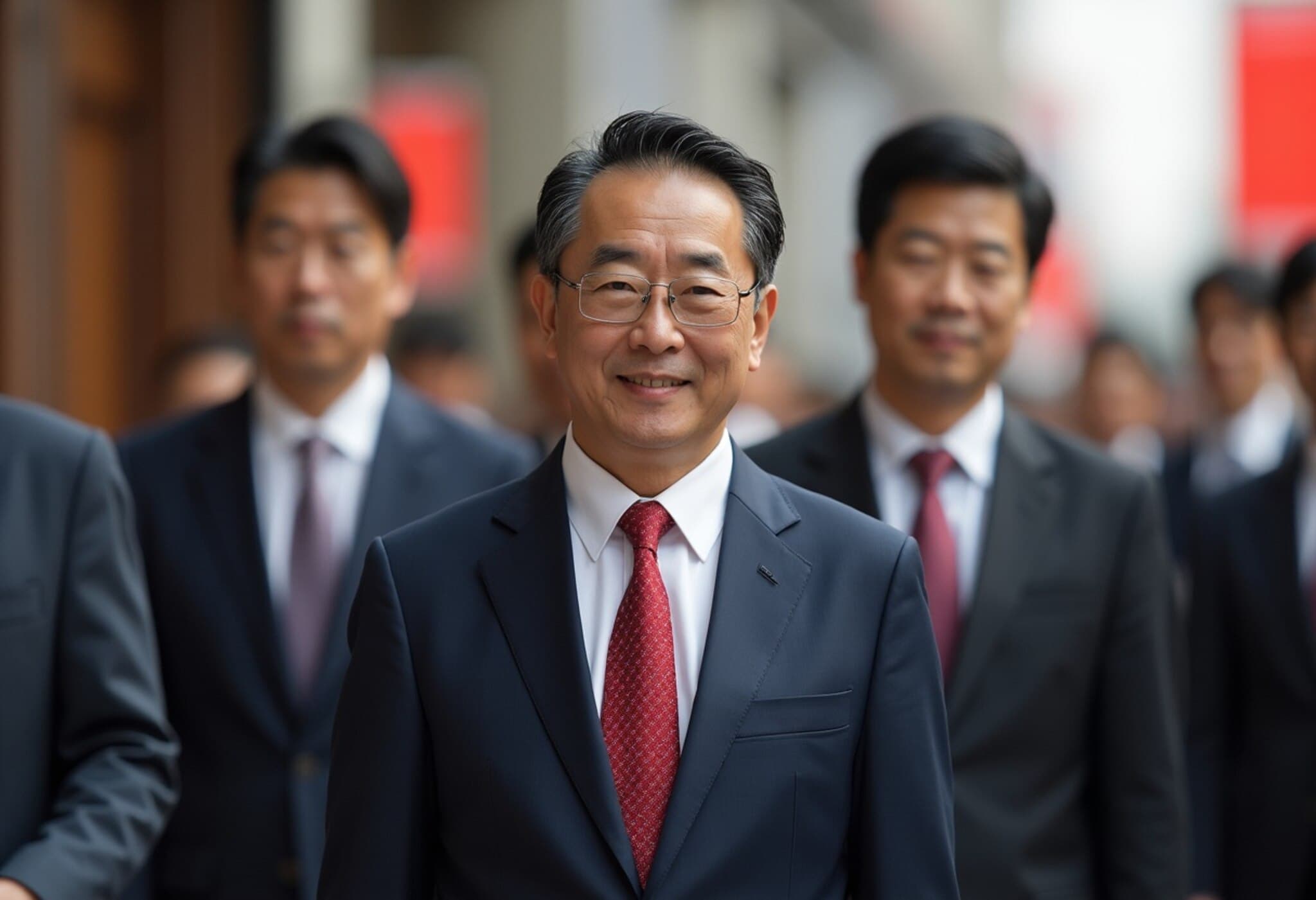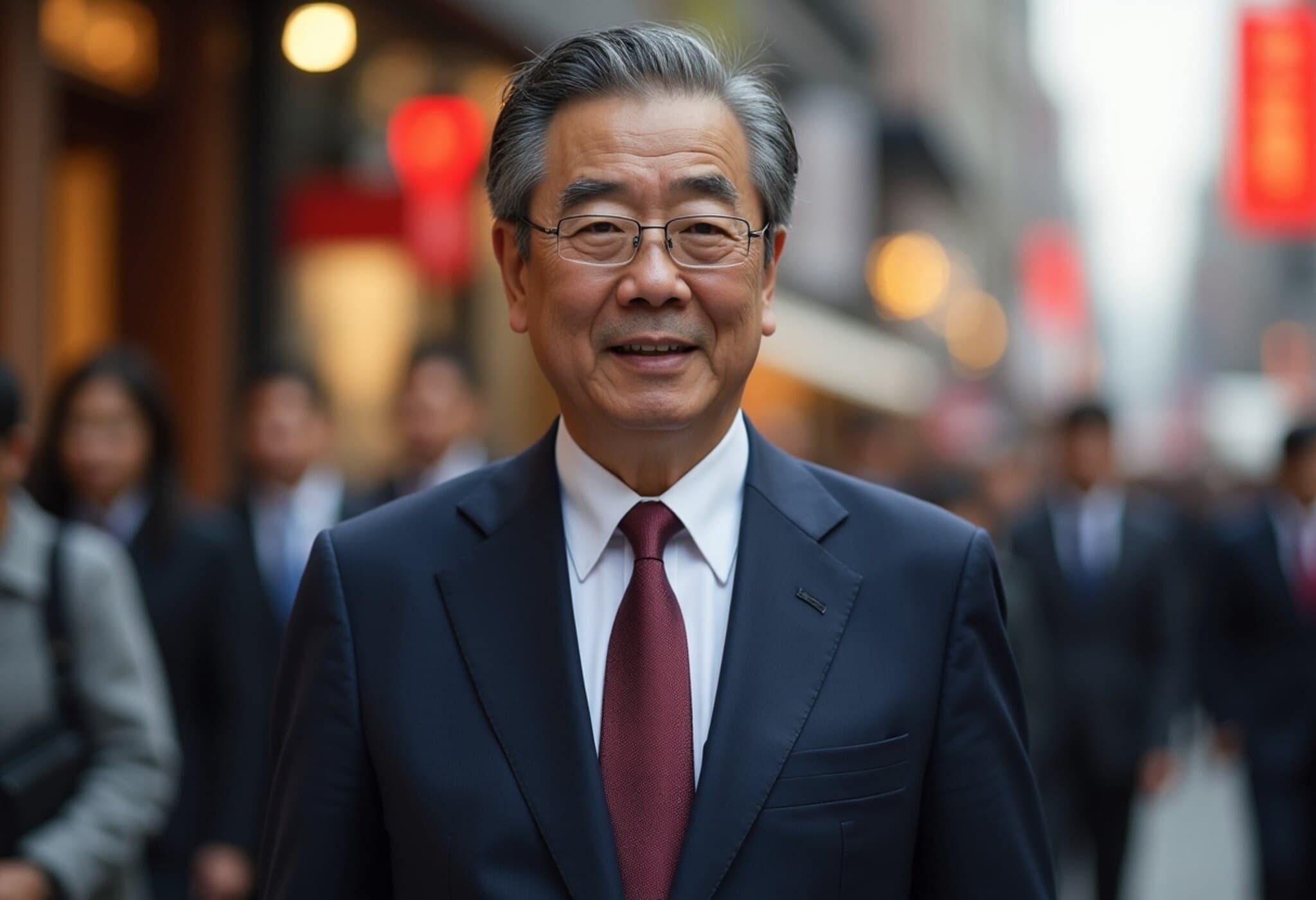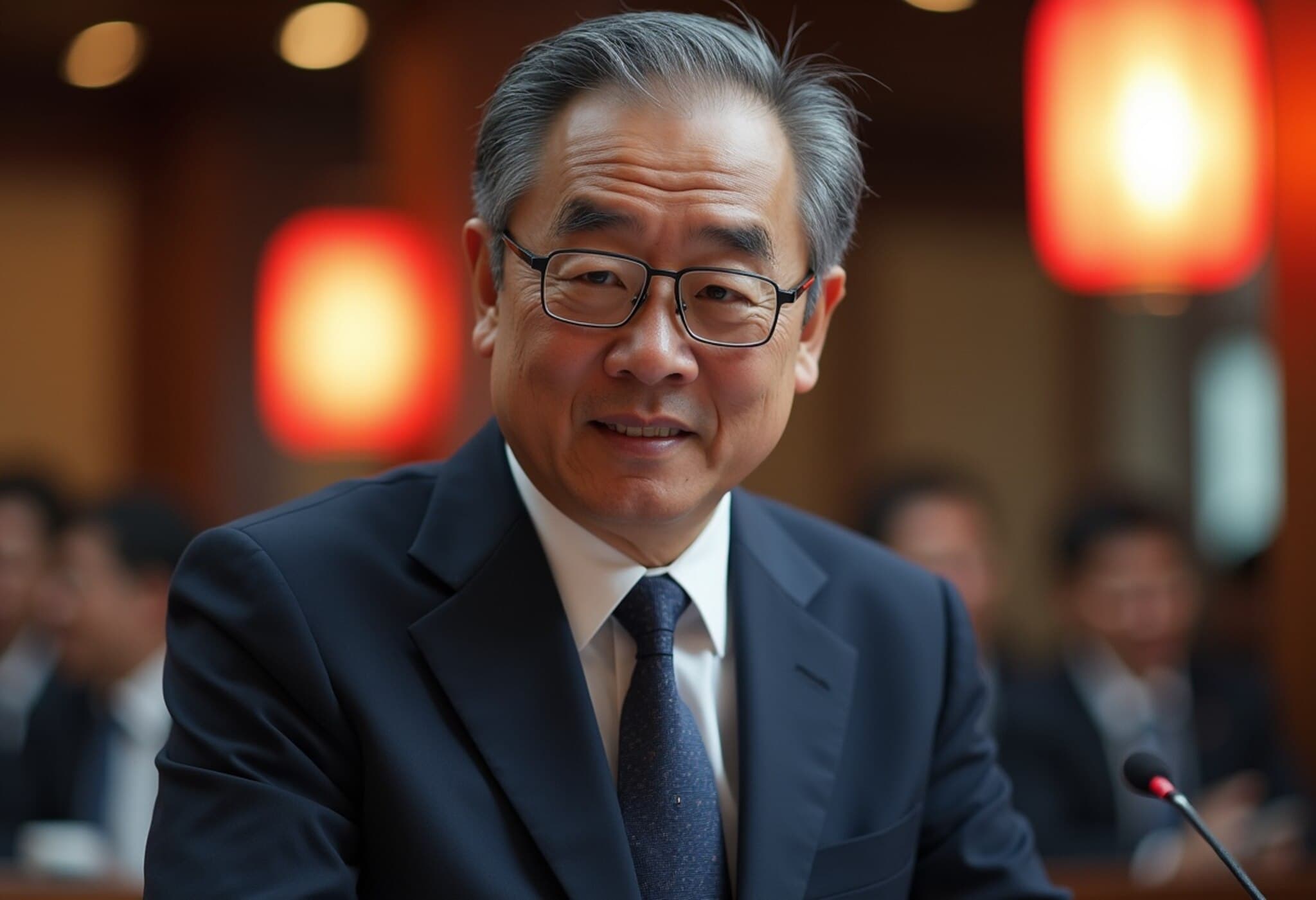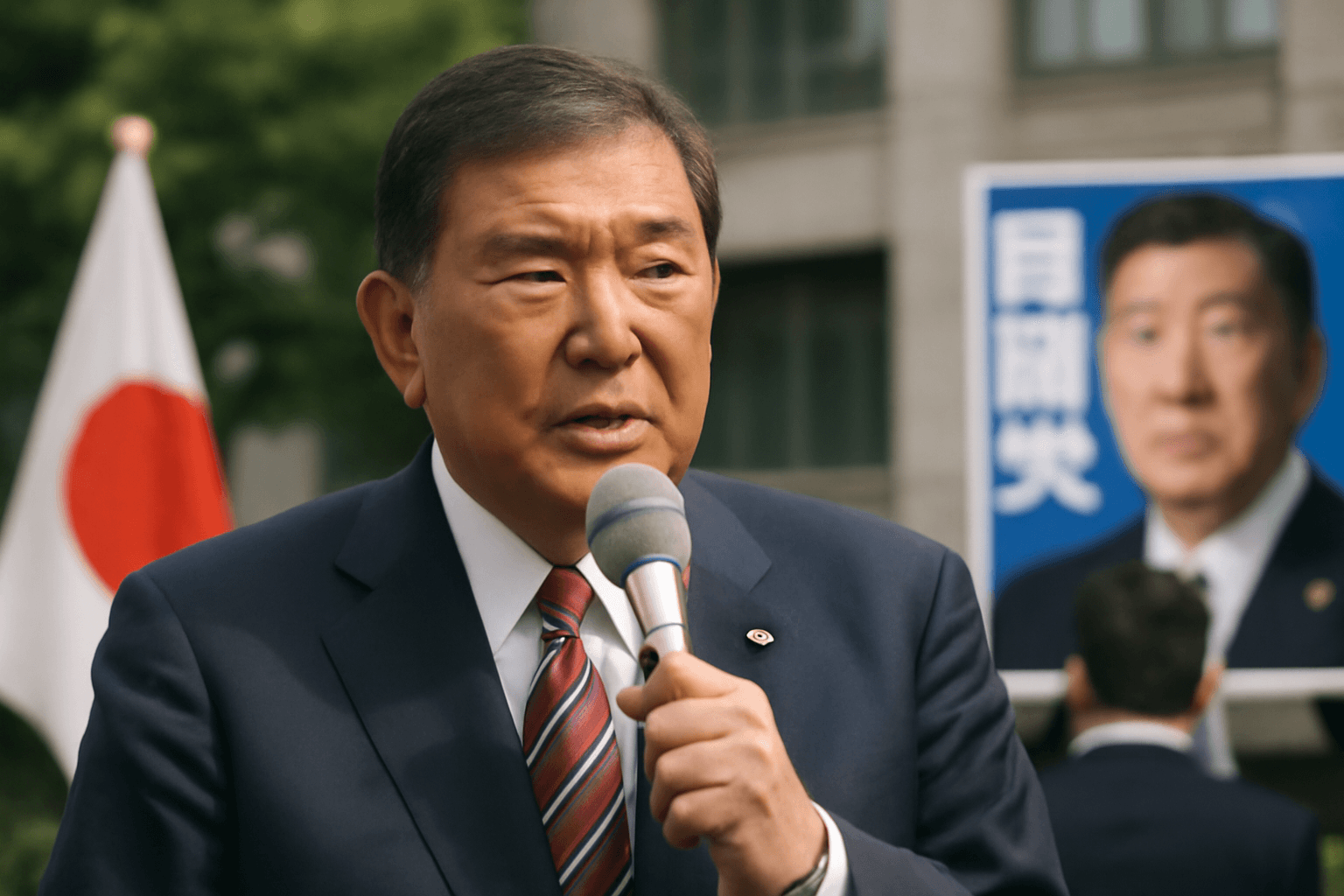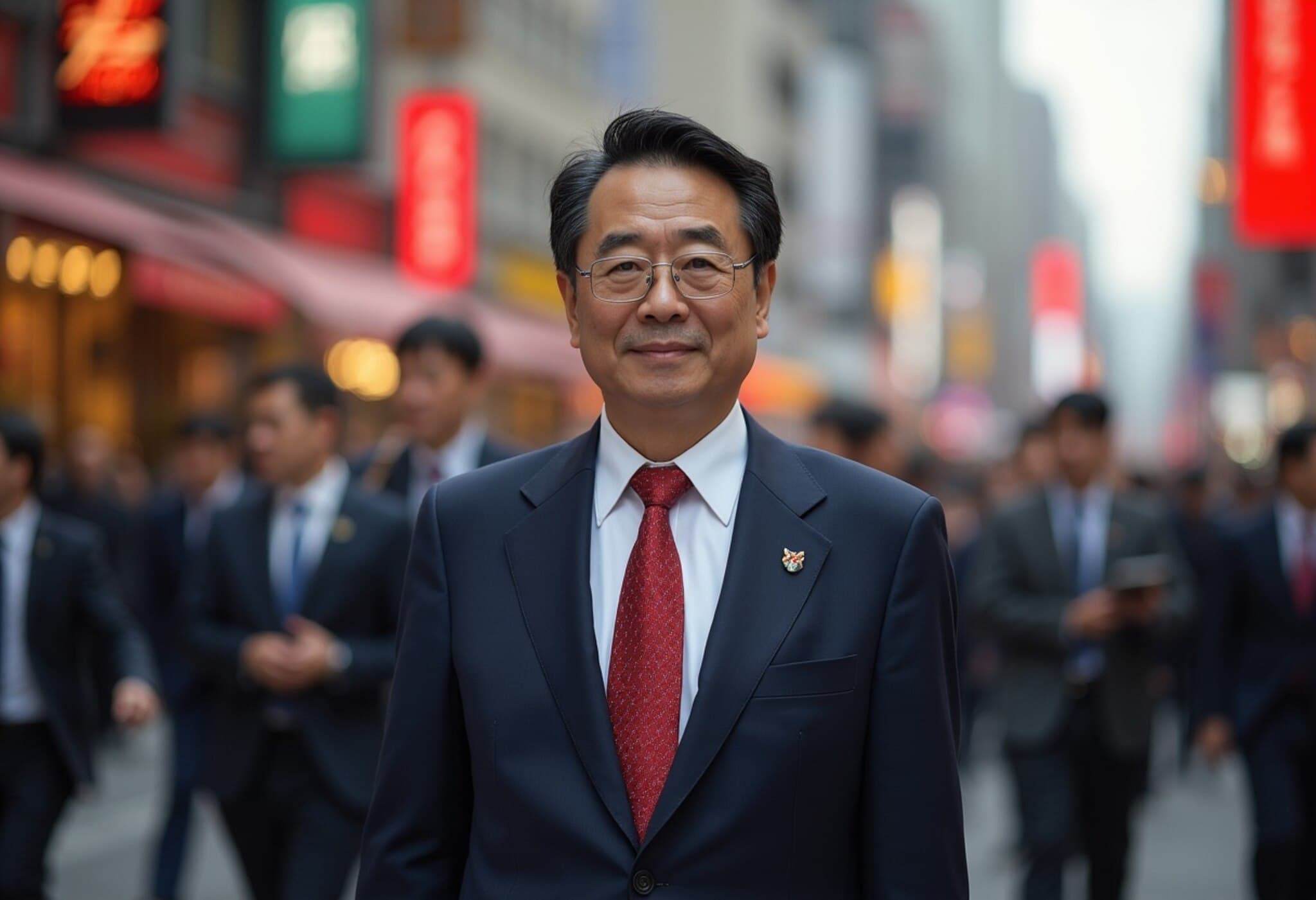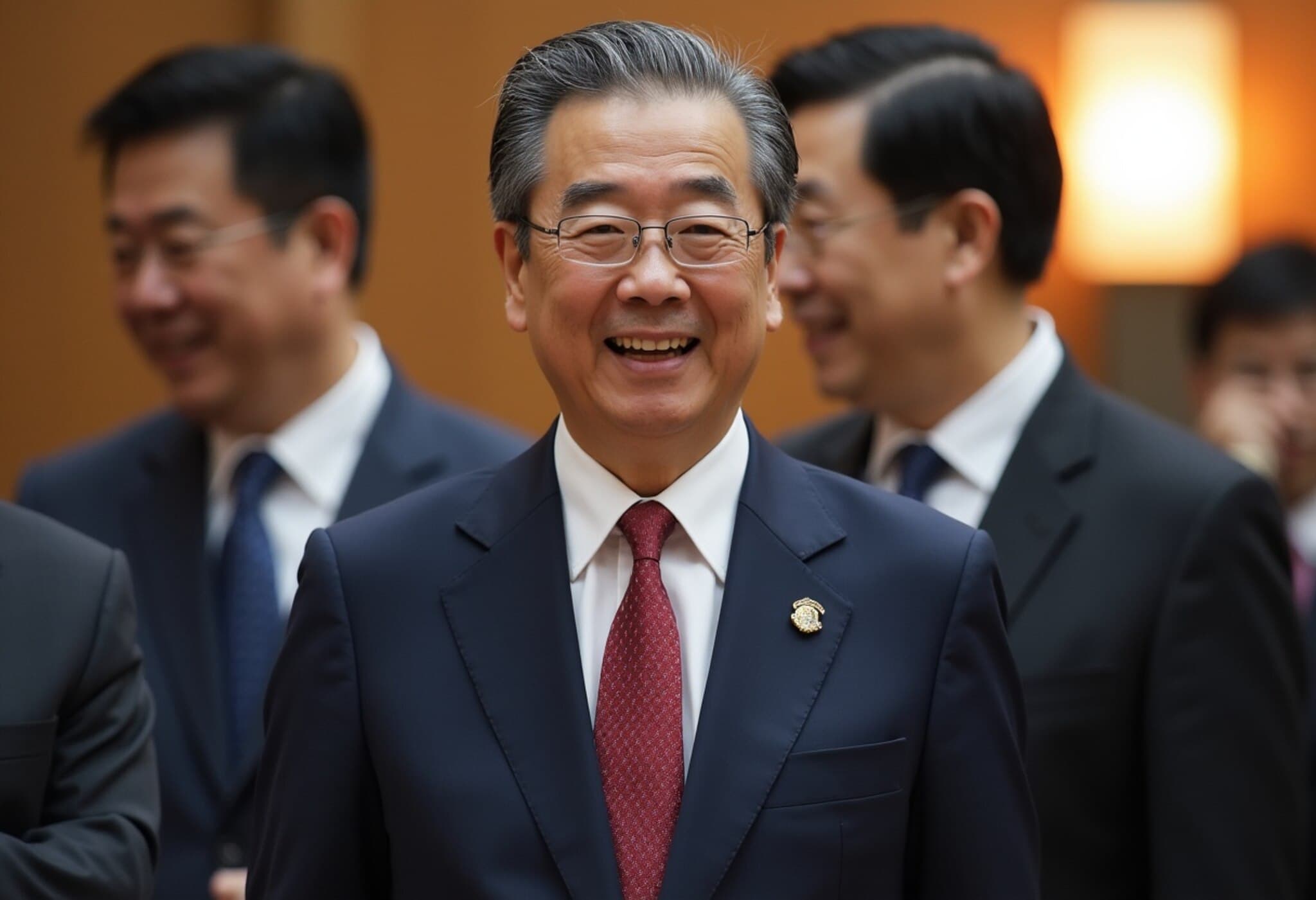Japan Heads to Crucial Upper House Elections Amid Political Uncertainty
On Sunday, Japanese voters are casting their ballots in what many analysts consider a pivotal upper house election that could reshape the country’s political landscape. Prime Minister Shigeru Ishiba and his Liberal Democratic Party (LDP), in coalition with Komeito, face the challenge of securing at least 50 seats to maintain control over the 248-seat chamber. Current opinion polls suggest the ruling coalition may fall short, signaling possible political turbulence ahead.
Rising Economic Pressures and Immigration Concerns Fuel Voter Sentiment
The election unfolds against the backdrop of rising living costs, with inflation and soaring prices—such as rice prices doubling since last year—pressuring Japanese households. Immigration remains a contentious issue, with opposition parties like the right-wing Sanseito championing more restrictive immigration policies, opposing foreign capital inflows, and rolling back recent gender equality advances. These stances resonate with segments of the electorate increasingly wary of economic uncertainty and social change.
Opposition Gains Threaten Stability of Japan’s Long-standing Political Order
The LDP has historically dominated Japan’s post-war politics, but the lower house election in October saw Ishiba’s coalition lose its majority—their worst result in 15 years. Now, the upper house contest could deepen that erosion of power. Analysts warn a poor election outcome might unsettle investor confidence in the world’s fourth-largest economy and complicate delicate trade negotiations with the United States.
Trade Deal Deadline Adds to Political Pressure
Japan faces an August 1 deadline to finalize a trade deal with the U.S., a critical moment that will determine whether punitive tariffs come into effect in America's largest export market. Failure to seal the agreement could intensify economic strain and force the government to consider further financial relief to households already burdened by inflation.
Potential Political Maneuvers Post-Election
Rintaro Nishimura, policy expert at Asia Group Japan, notes that Prime Minister Ishiba may be forced into a difficult choice after the election: either relinquish leadership within the LDP or negotiate with opposition parties to form a coalition. Both scenarios require significant policy concessions, giving the prospective partners considerable leverage.
- LDP is advocating for fiscal restraint, rejecting opposition demands for extensive tax cuts and welfare expansion despite increasing living costs.
- The government bond market remains jittery, reflecting caution over Japan’s economic direction.
- Media will begin projecting election results after polls close at 8 p.m. JST (1100 GMT).
Why This Election Matters Beyond Japan
Japan’s political stability plays a crucial role not only domestically but internationally, given its strategic alliances and economic weight. A loss for the ruling coalition could lead to:
- Shifts in Japan’s approach to immigration, trade policies, and social reforms.
- Increased volatility in global markets sensitive to Asian economic trends.
- Potential ripple effects on U.S.-Japan relations and broader regional security dynamics.
Underreported Dimensions: Social Cohesion and Emerging Political Voices
While most coverage focuses on electoral numbers and trade implications, less attention has been paid to Japan’s unique resilience amid rising global political polarization. Unlike some Western democracies experiencing fractious division, Japan has maintained relative social cohesion. However, the rise of parties like Sanseito suggests growing undercurrents of nationalism and conservative retrenchment that merit close observation going forward.
Editor’s Note
Japan’s July 2025 upper house election stands at a crossroads, embodying the tensions between tradition and change, economic uncertainty, and global interdependence. As voters decide, the world watches how Japan balances these competing forces. Will Ishiba’s coalition navigate these choppy waters, or will new political currents redefine Tokyo’s path? Observers should follow not just the vote count but the emerging policy debates, as they hold lessons on governance, societal resilience, and the complex dance between domestic politics and international commitments.

